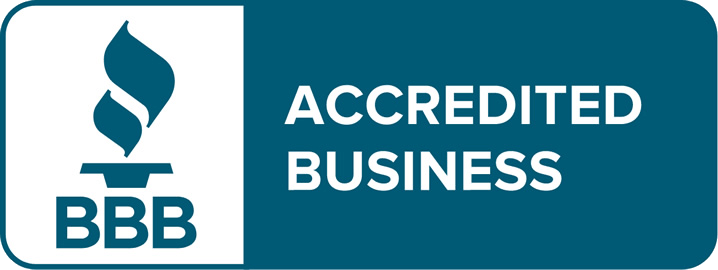If you are a business required to collect sales tax on goods or services from your customers, you are also then required to report and pay sales tax to the department of revenue or state comptroller’s office in your state. Tax rates and reporting methods vary by state. For more detailed information on rates and reporting you should consult your corresponding state department.
What is common among states that require sales tax reporting and payment is that non-payment is detrimental to your business. Sales tax is considered a trust fund tax. Simply stated, your business is the “middle man” between your customers and the state. States generate revenue from the payment of sales tax and when it is collected from a business and not forwarded accordingly, the state will move aggressively to recuperate this revenue.
Penalty and interest that is charged on non-paid balances can be between 5%-50% of the balance due. The sales tax license that allows your business to operate is at risk of revocation and therefore, your business is at risk of closure due to unpaid sales tax. Not only that, but the state taxing authorities can assess the liability to parties deemed responsible for not filing and paying. Therefore, even though the tax owed is a business liability, individuals responsible for reporting and paying tax can also be held liable for the tax debt.
Even if the business closes, the tax is still owed. Typically, sales tax is not dischargeable in bankruptcy. The amount owed will be assessed to the individual or individuals found responsible. Tax liens or warrants will be filed in the business and individual names.
The first thing to do is to immediately stop accrual of tax liability. That is, file and full pay current sales tax immediately. If your business has used funds collected from sales tax to assist in cash flow, immediate adjustments must be made in order to pay current liabilities. Secondly, if any sales tax returns have not yet been filed, it is imperative that they are filed right away, even if you cannot pay them. Next, begin making voluntary payments toward the past due taxes. These efforts show good faith and make negotiating payment terms much easier and could very well save the life or your business.


